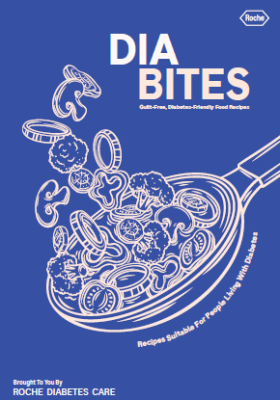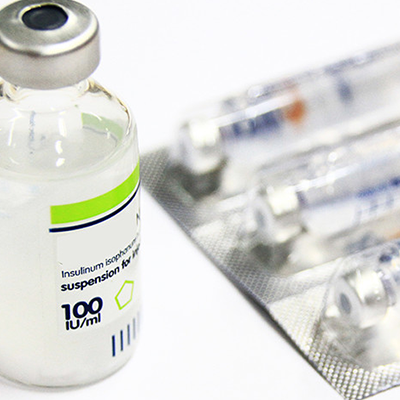Transitions: From Orals to Insulin
Insulin and type 2 diabetes: 5 facts you should know Has your healthcare provider talked to you about insulin? For many people, this can bring on mixed feelings and questions—often based on myths that simply are not true. Here are 5 facts to keep in mind. Diabetes is an insulin problem, not a sugar problem. After all, sugar doesn't cause diabetes. People with type 2 diabetes don't manufacture enough insulin, or their bodies can't use it properly, so they're unable to process the food they take in.1...
Read MoreInsulin Injections: Breaking Down The Barrier
If insulin injections are part of your daily life, you know how essential they are to managing your diabetes and preventing complications. You also know that following your injection schedule is crucial. If your body doesn’t get enough insulin over the long term, you risk developing serious problems with your eyes, heart, nerves and kidneys. Getting too much insulin could lead to hypoglycemia—extreme cases of which can cause diabetic coma. Despite all this, according to a study conducted in the US, over half of people with insulin-dependent diabetes have deliberately skipped injections at some point. Around 20% do it...
Read MoreInsulin: A New Beginning
After living with diabetes for several years, you’ve just been prescribed an insulin treatment. You probably have many questions—perhaps even fears or misgivings. This is completely normal. In any event, here are three preconceived notions you can discard right now. 1. Transitioning to insulin means I managed my diabetes incorrectly. Wrong. Diabetes is a progressive disease. Despite all your efforts and good will, it may just be that your pancreas is no longer able to cope. 2. Insulin therapy is a last-resort treatment. Wrong....
Read MoreTransitions: From Orals to Insulin
Insulin and type 2 diabetes: 5 facts you should know Has your healthcare provider talked to you about insulin? For many people, this can bring on mixed feelings and questions—often based on myths that simply are not true. Here are 5 facts to keep in mind. Diabetes is an insulin problem, not a sugar problem. After all, sugar doesn't cause diabetes. People with type 2 diabetes don't manufacture enough insulin, or their bodies can't use it properly, so they're unable to process the food they take in.1...
Read MoreInsulin Injections: Breaking Down The Barrier
If insulin injections are part of your daily life, you know how essential they are to managing your diabetes and preventing complications. You also know that following your injection schedule is crucial. If your body doesn’t get enough insulin over the long term, you risk developing serious problems with your eyes, heart, nerves and kidneys. Getting too much insulin could lead to hypoglycemia—extreme cases of which can cause diabetic coma. Despite all this, according to a study conducted in the US, over half of people with insulin-dependent diabetes have deliberately skipped injections at some point. Around 20% do it...
Read MoreInsulin: A New Beginning
After living with diabetes for several years, you’ve just been prescribed an insulin treatment. You probably have many questions—perhaps even fears or misgivings. This is completely normal. In any event, here are three preconceived notions you can discard right now. 1. Transitioning to insulin means I managed my diabetes incorrectly. Wrong. Diabetes is a progressive disease. Despite all your efforts and good will, it may just be that your pancreas is no longer able to cope. 2. Insulin therapy is a last-resort treatment. Wrong....
Read More



